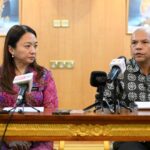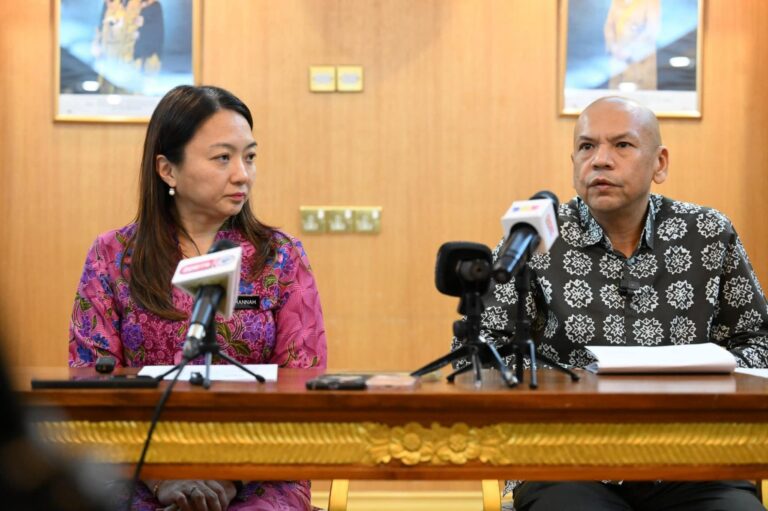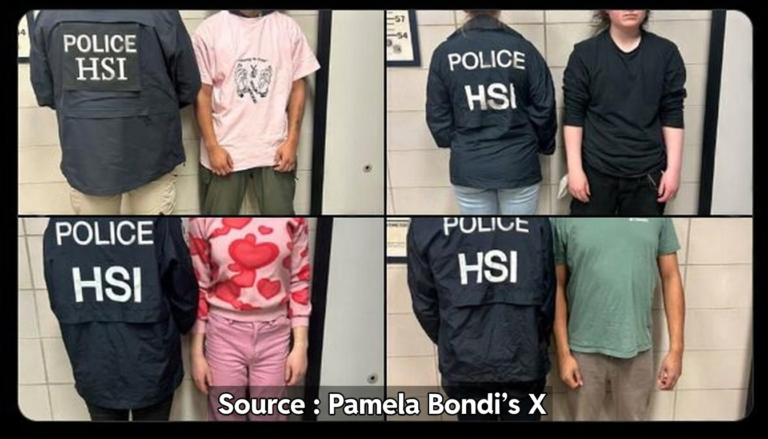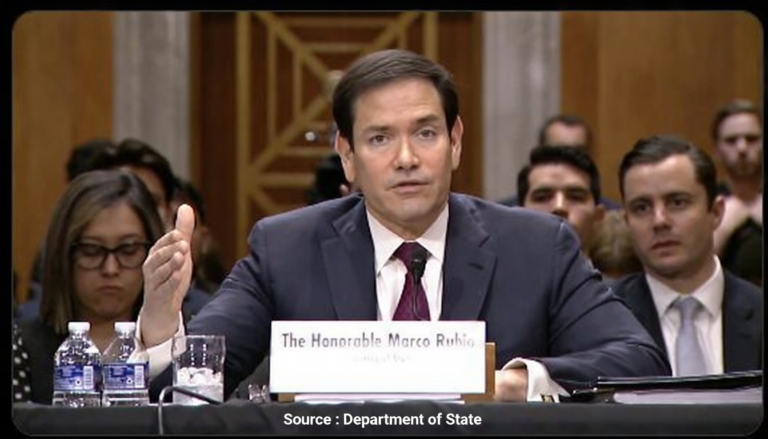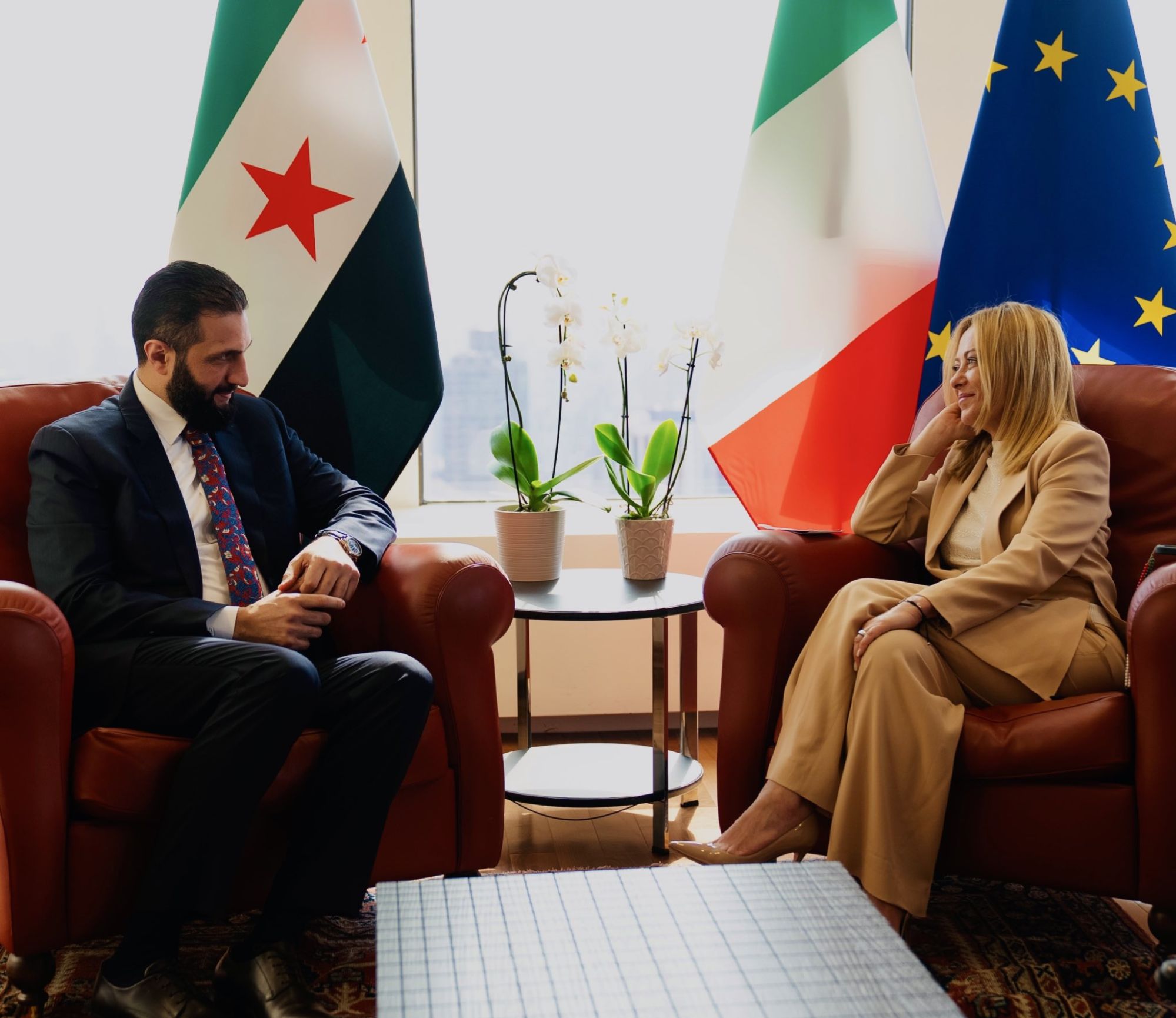
NEW YORK, Sept 24, 2025 – Italian Prime Minister Giorgia Meloni held a significant meeting with Syrian President Ahmed al-Sharaa on September 24, 2025, at the Italian mission in New York during the 80th United Nations General Assembly. The encounter underscored Italy’s commitment to supporting Syria’s reconstruction and stability following the ouster of former President Bashar al-Assad.
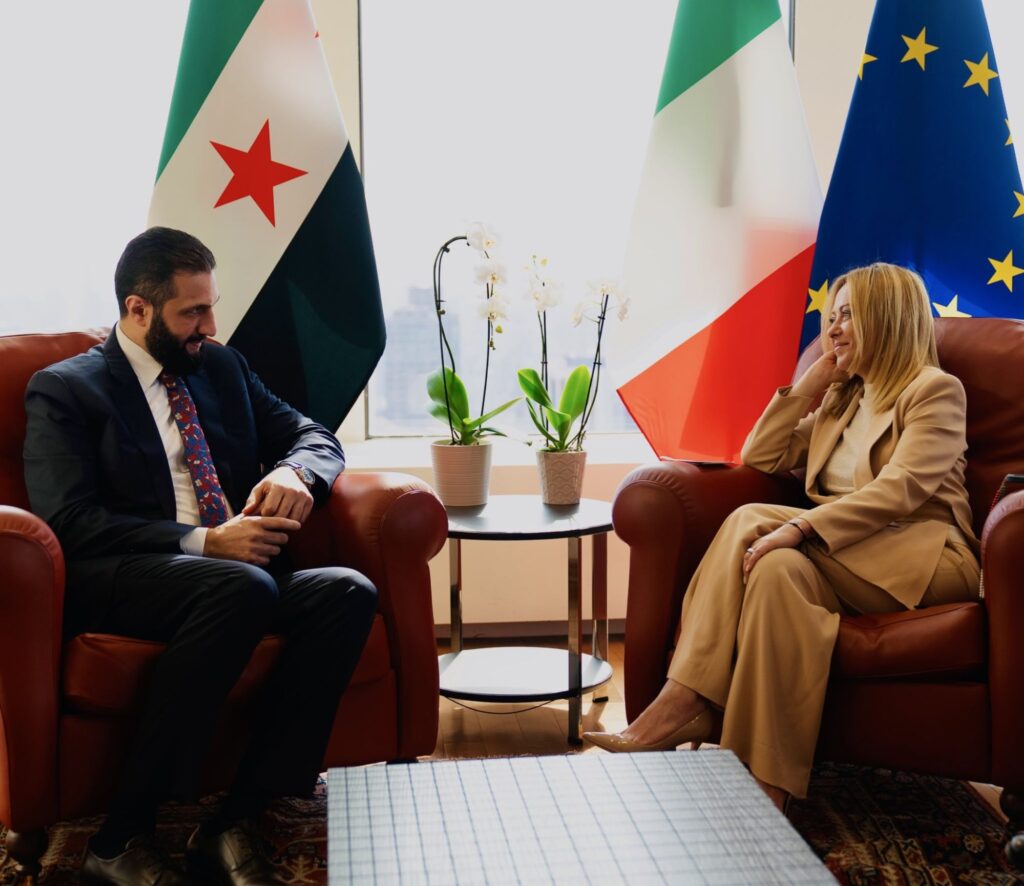
Meloni announced Italy’s continued backing of a stable and sovereign Syria, highlighting a pledge of 68 million euros in aid for reconstruction efforts, initially committed earlier this year. The discussions focused on potential Italian investments in Syria’s energy, infrastructure, and agriculture sectors, alongside development aid programs aimed at fostering economic recovery.
The meeting also addressed critical social issues, with Meloni emphasizing the need to protect all components of Syrian society, particularly vulnerable minorities such as the Christian community. She advocated for efforts to ensure the voluntary and safe return of Syrian refugees, a move intended to alleviate migration pressures on Europe.
President al-Sharaa, making his debut address to the UN General Assembly—the first by a Syrian leader in nearly 60 years—brings a complex background to the table. Once a leader of the al-Nusra Front, he was imprisoned by U.S. forces from 2006 to 2011 before rising to power following a military offensive that ended Assad’s 50-year rule. His leadership of Hayat Tahrir al-Sham (HTS), recently removed from the U.S. terrorist designation list in July 2025, reflects a shifting international stance toward Syria’s new government.
However, the transition is not without challenges. Earlier this year, sectarian violence in southern Syria claimed hundreds of lives, heightening concerns about the safety of minority groups amid the post-Assad era. Meloni’s engagement signals Italy’s intent to play a constructive role in addressing these tensions while promoting a unified Syrian state.
As the international community watches closely, this diplomatic outreach could pave the way for broader European involvement in Syria’s fragile recovery, though it remains contingent on sustained efforts to safeguard minority rights and stabilize the region.

